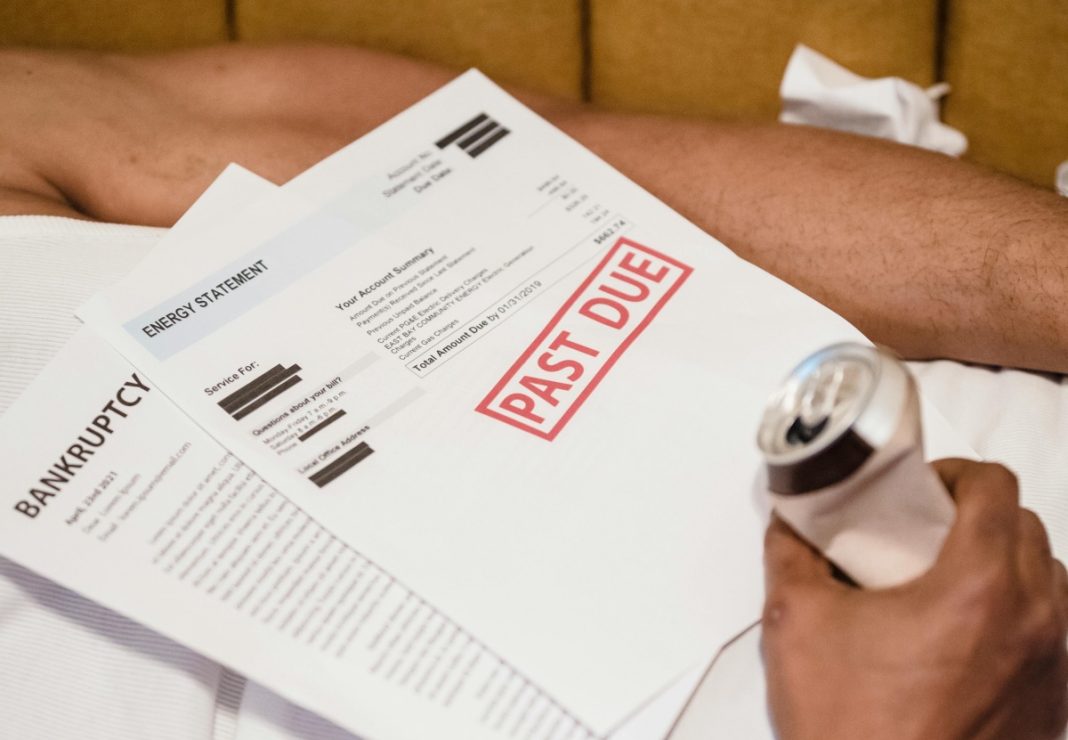Facing eviction is one of the most stressful experiences anyone can go through. It’s not just about losing a place to live—it’s about losing stability, security, and peace of mind. But depending on where you are in the eviction process, there might still be ways to stop it or even reverse it. If you’re feeling overwhelmed by eviction and mounting debts, including rent, you’re not alone. Many people find themselves in this tough spot, sometimes seeking help from debt relief services to regain control.
The key to reversing an eviction is understanding exactly what stage you’re at and what options are available. Whether you’ve just received an eviction notice or are already facing a court order, knowing your rights and acting quickly can make a big difference. Here’s a closer look at what you can do.
When You’ve Just Received an Eviction Notice
If the landlord has only sent you a notice—whether it’s for unpaid rent, lease violations, or other reasons—you have an opportunity to stop the eviction before it moves forward. This stage is the most flexible.
Start by reviewing the notice carefully. Does it give you a certain number of days to pay back rent or fix a problem? If so, try to meet these requirements as soon as possible. Even partial payment might show good faith and open the door to negotiation.
Talking directly to your landlord can be surprisingly helpful. Sometimes landlords prefer working out payment plans or agreements rather than going through a lengthy eviction process. Explain your situation honestly and, if possible, propose a reasonable plan.
If you’re struggling financially, debt relief options can help you create a plan to catch up on rent and stabilize your finances. Many nonprofit organizations also offer rental assistance or mediation services to help prevent evictions.
Understanding the Eviction Court Process
If the eviction has progressed to a court hearing, don’t ignore it. Failure to appear or respond can lead to an automatic judgment against you. However, even after a court judgment, there may still be ways to challenge or delay the eviction.
You have the right to request a copy of the eviction paperwork and prepare a defense. This could involve showing proof that rent was paid, disputing lease violation claims, or arguing that the landlord didn’t follow proper procedures.
In some cases, courts may allow you to request a “stay of execution,” which temporarily halts eviction while you seek alternatives like paying back rent or finding a new place.
Navigating court rules and deadlines can be tricky, so consider seeking legal advice. Legal aid organizations or tenant advocacy groups may offer free or low-cost assistance.
Filing an Appeal or Motion to Reopen
If the court has already ruled in favor of eviction, it may be possible to appeal the judgment or file a motion to reopen the case, especially if you missed the hearing or had a valid reason you couldn’t appear.
Appeals and motions require strict adherence to deadlines and specific legal grounds, so professional guidance is important. Successfully reversing an eviction at this stage is more challenging but not impossible.
Addressing the Financial Root Cause
Many evictions stem from unpaid rent or utility bills. If debt is the cause, addressing it head-on with a solid repayment plan is crucial. Debt relief programs can help you negotiate with creditors or landlords, consolidate debts, or find affordable payment options.
Showing proof of participation in a debt relief program can also be persuasive in court or when negotiating with landlords, demonstrating your commitment to resolving the situation.
Communication Is Key Throughout
Regardless of where you are in the process, open communication with your landlord and the court can help. Ignoring notices or legal actions often leads to quicker evictions.
Respond promptly to notices, attend hearings, and keep records of all interactions. Sometimes, landlords are more willing to work with tenants who show responsibility and effort.
Explore Community Resources
Many communities have rental assistance programs, legal aid clinics, or housing counseling services. These resources can offer emergency funds, mediation, or legal representation, which may be critical in reversing or delaying an eviction.
Reach out early to maximize your chances of getting help before the situation worsens.
Eviction is a frightening prospect, but it’s important to remember that there are options—especially if you act quickly and stay informed. Whether it’s paying overdue rent, negotiating with your landlord, or pursuing legal remedies, you can take steps to protect your home.
Pairing these efforts with debt relief strategies strengthens your position and your long-term financial stability. If you’re facing eviction, start by understanding your situation and exploring every possible avenue to reverse it. What’s your first step toward saving your home today?







